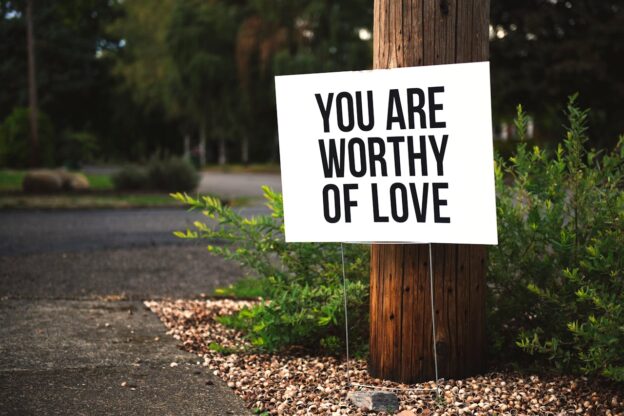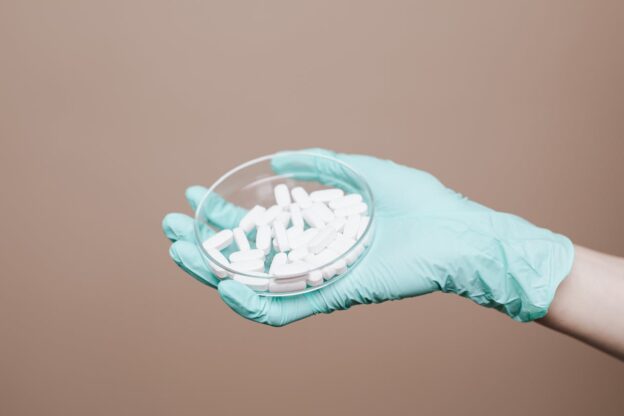When one person in a marriage struggles with substance use, both partners suffer. Addiction and divorce often go hand in hand, leaving people stuck between wanting to help and needing to protect themselves. If you’re in this situation, you may feel drained, confused, or unsure of what comes next. You’re not alone in this. Many couples face the same pain, and help does exist. Knowing the signs early and learning how addiction affects relationships can make decisions easier. You can also explore support options that focus on your safety and mental health. Some drug and alcohol treatment centers in West Virginia even offer therapy for couples or families. We’ll break down what to look for, what to expect, and where to turn if you’re dealing with addiction inside your marriage.













